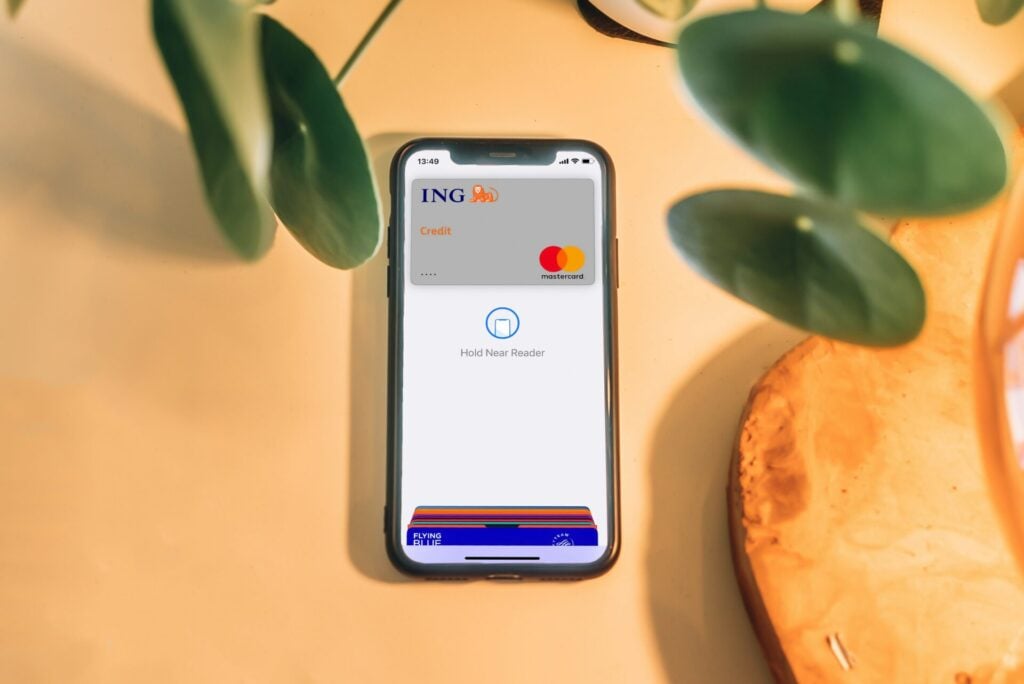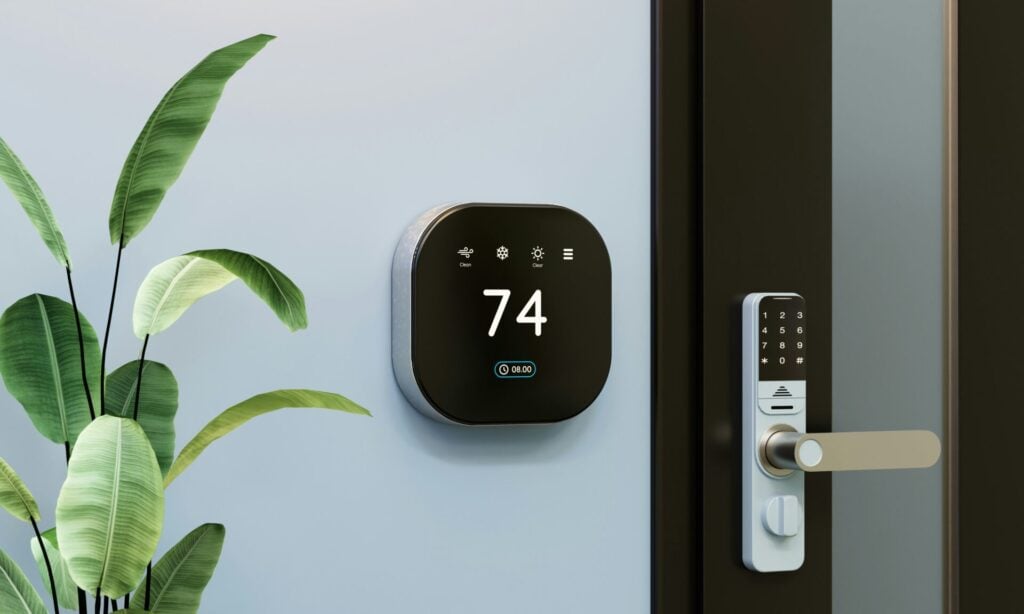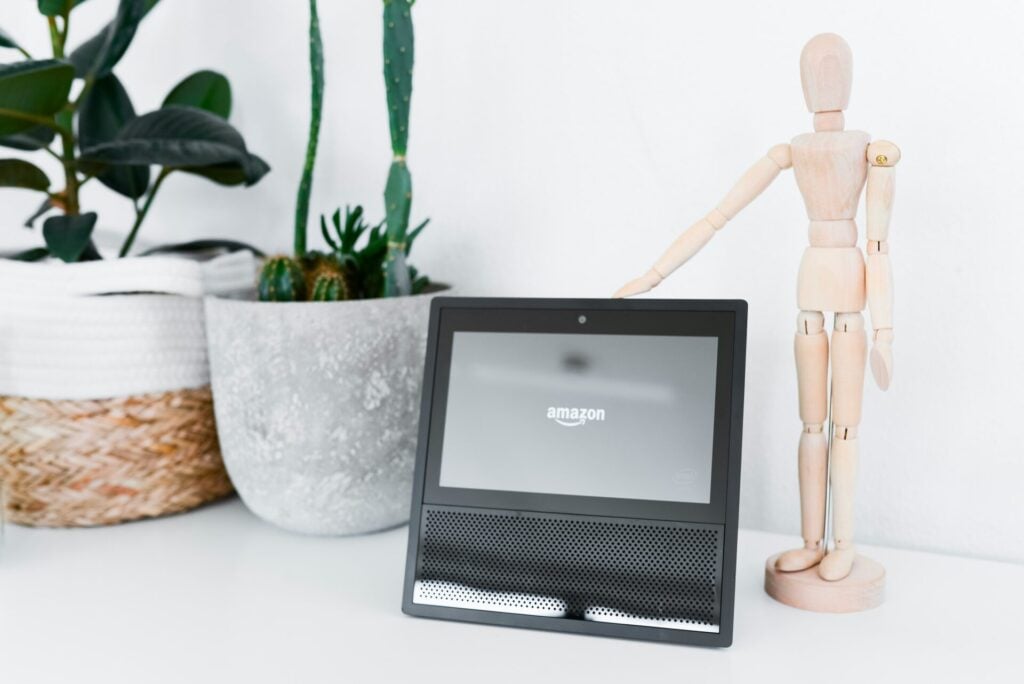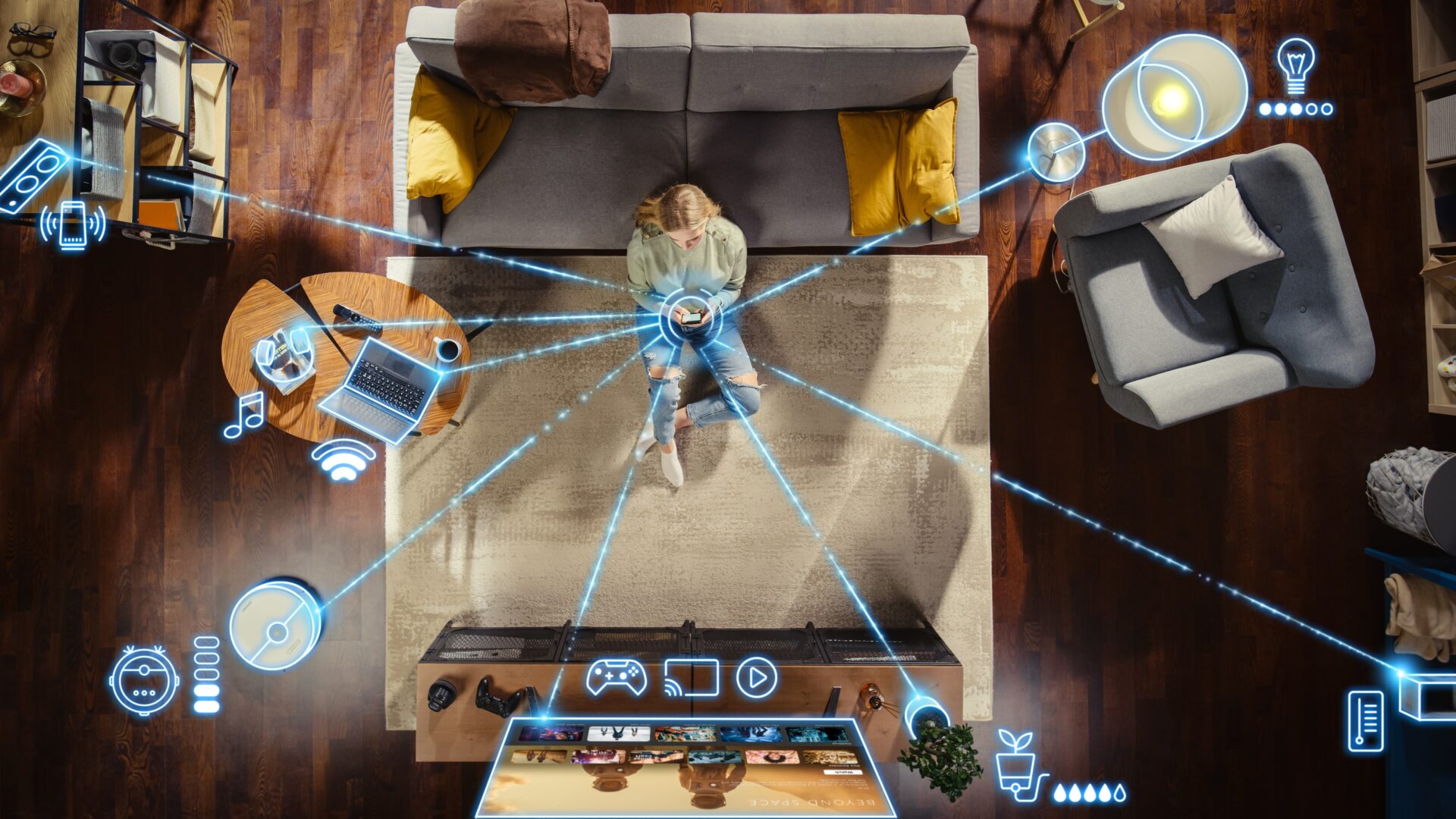Back in the day, TV shows like The Jetsons made us laugh with their robot maids, conveyor-belt dinners, and talking gadgets. Smart automation all seemed like a far-off dream. Fast forward to now, and much of that ‘sci-fi’ living has slipped into our everyday routines.
From automatic lights that turn off when a room is vacant to email filters that reduce digital clutter, automation has infiltrated nearly every corner of daily existence. Smart thermostats cut wasted energy by adjusting heating and cooling when nobody’s home, meal-planning apps prevent overbuying and food waste, and digital assistants handle the daily admin that clogs our minds. It’s shaping how we manage our finances, run our homes, take care of our health, and even balance our mental wellbeing.
Here are some of the most effective ways to bring smart automation into your daily life to make it easier, calmer, and greener.
How Automation Simplifies Your Finances

As more of our money management moves online, smart automation makes it easier to stay in control without the stress. Setting up scheduled payments for things like rent, utilities, and subscriptions means no more missed deadlines while also helping avoid paper bills and unnecessary admin. At the same time, automatic savings tools quietly put money aside in the background, so you build up a cushion without even having to think about it.
Modern budgeting apps make life easier by sorting your spending into categories and flagging anything unusual. That way, you can see where your money’s going, giving you the chance to cut wasteful purchases and adjust in real time, without having to do all the work yourself.
Credit management has also evolved alongside this digital shift. Tools offering free credit monitoring now provide automated alerts for score changes, suspicious activity, or new account openings, helping individuals respond quickly to potential issues rather than discovering them too late.
The Rise of Intelligent Homes

Smart homes have gone from novelty to normal. At the heart of this is smart automation, the glue that makes devices work together. Motion sensors switch off lights when rooms are empty, thermostats learn your favourite temperatures, and voice assistants now manage everything from music to groceries.
A morning routine can now be fully automated: lights slowly brighten to mimic sunrise, your fair trade coffee begins brewing, the thermostat adjusts, and your favourite music fades in. All of this without lifting a finger.
Yet, the real magic lies in how it all connects. A morning routine can now be fully automated: lights slowly brighten to mimic sunrise, your fair trade coffee begins brewing, the thermostat adjusts, and your favourite music fades in. All of this without lifting a finger. Leaving home can trigger the opposite: lights off, doors locked, thermostat lowered, security cameras on.
These routines help conserve energy, cut utility bills, add layers of safety, and reduce your household’s carbon footprint – key steps in climate-proofing your home. Just as importantly, they reduce cognitive load. No more worrying about whether you’ve left the lights on or the doors unlocked – automation ensures it’s done reliably.
Workflows Without Friction

Whether in a home office or a corporate setting, smart automation is transforming the workplace too. Task schedulers, auto-responders, AI-powered email management tools, and project trackers cut down on repetitive admin, reducing the time and resources wasted on manual bottlenecks.
Calendars now sync across devices and automatically adjust for time zones, while meeting notes are transcribed in real time, removing the need for frantic note-taking. Repetitive tasks like sending reminders, updating spreadsheets, and generating reports, can all be done at the touch of a button, saving hours of human effort and the energy and paper often linked with old-fashioned offices.
Arguably, when employees aren’t bogged down by repetitive admin, they can channel energy into innovation and growth. This shift can reduce burnout by removing chores from day-to-day life.
Health on Autopilot

Health, long regarded as a deeply personal journey, is now being enhanced through automated support systems. From fitness trackers that monitor steps and sleep to smart scales and calorie counters, the health-tech ecosystem has grown remarkably intelligent and independent.
Medication reminders, hydration nudges, and posture alerts can be set to intervene when needed. Smart automation meal planning apps sync with dietary goals, grocery lists, and even delivery services so healthy eating doesn’t require hours of weekly planning.
Wearable devices can now detect anomalies in heart rate, oxygen levels, or movement patterns and can even notify medical professionals. This real-time data creates a proactive approach to health, allowing interventions before problems escalate.
Digital Assistants Reclaim Time

Digital assistants, whether voice-controlled or app-based, have redefined what it means to ‘have help.’ From setting reminders and reading the news to managing playlists and handling shopping lists, these assistants can lighten the daily mental load.
A simple command schedules a meeting, adds items to a cart, or fetches information from the web. Over time, they adapt, learning preferences and habits to offer even more intuitive support. For eco-conscious households, that can also mean suggesting greener shopping options or helping track sustainable routines, like switching off devices or monitoring energy use.
Importantly, these tools reduce decision fatigue. In a world flooded with choices, delegating routine decisions—what to wear, when to water plants, or which route to take—saves mental energy. By turning choices into defaults, digital assistants protect focus on what truly matters.
Mental Clarity

One of the most overlooked benefits of smart automation is its impact on mental health: constant decision-making, task-switching, and responsibility juggling drain emotional energy. When automation takes over the routine, the brain has room to breathe.
Living smart, then, isn’t just about devices or schedules, it’s a philosophy. It’s about acknowledging that energy is finite and protecting it with systems that work invisibly. The fewer the manual triggers in a day, the calmer the experience.
Instead of chasing every alert, filtering every email, remembering every small task, or worrying about what’s next, automated systems can provide relief, making life feel less cluttered and more intentional.









